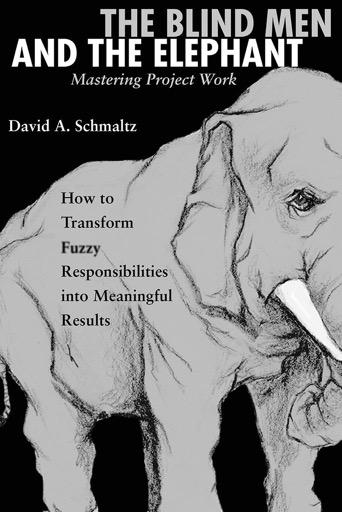Presuppositions

"… they still bite more than they ever bark."
When did you finally stop beating your dog? The best accusations come imbedded with presuppositions, unstated premises, darned near impossible to counter. This dog accusation "presupposes" both that you have a dog and that you sometime in the past started beating it, for how could you possibly stop beating your dog if you'd never started beating it in the first place? But wait! You say you do not now nor have you ever owned a dog? So much the better for the accuser, who can play The Denial Card. I mean, if you won't even admit to having a dog, how much further from repentance could you possibly be?
I frequently see this dance initiated as a means for tangling rather than resolving differences. Notice how the accuser avoided making any actual accusation. Their presuppositions took care of that little bit of dirty work. The unstated preposition, like Arthur Conan Doyle's infamous dog that didn't bark, provides the most obtuse of clues. The public relations and political adviser professionals have elevated the deployment of presuppositions to high art, if venial manipulation qualifies as a form of art. Commercials often (usually?) presuppose something like a lifestyle aspiration on the part of the target audience. If you're not someone likely to relate to the questionable jollies associated with owning a Tesla, for instance, the advertising will fail to raise a single tingling neck hair. If your "lifestyle" satisfies the ad's presupposition, though, you might find yourself suddenly obsessed with owning one of those damned things.
In my book, the cover of which I have thoughtfully reproduced above, I employed the old fable about the blind men and the elephant, which pretty much completely relied upon presupposition to produce a dandy tangle of a theological war. Six blind men decide to "see" an elephant, but based upon each individual's experience with the beast, a great disagreement emerges. The guy touching the trunk insists that the elephant is most like a snake. The one holding the tail says, "rope." Several overlaying presuppositions induced the resulting conflict. A 'my experience adequately represents everyone's experience' presupposition rules. Another assumed that anyone's testimony disagreeing with mine must be wrong. The notion that touching might serve as an adequate replacement for visual verification also influences the experience.
I suspect that presuppositions always influence what anyone might forgivably experience as a serious tangle. I doubt that anyone can avoid making them, for they seem to be necessary shortcuts to making meaningful interpretations. They also carry stingers on their tails, however, and unquestioned, they might painfully stab without anyone ever identifying the culprit. I think mindfulness amounts to the ability to slow down the rush of experience to question such premises when tangles emerge. What did I assume without sensing that I was assuming anything at all? I believe that much cluelessness comes from not the unexamined life, but the unconsidered comment. We all seem to receive some spitballs when we interact. Most are as toothless as that dog we never owned and never even imagined beating, but unexamined, they can still bite more than they ever bark, and why wouldn't they, with you beating on them like that?
©2018 by David A. Schmaltz - all rights reserved


